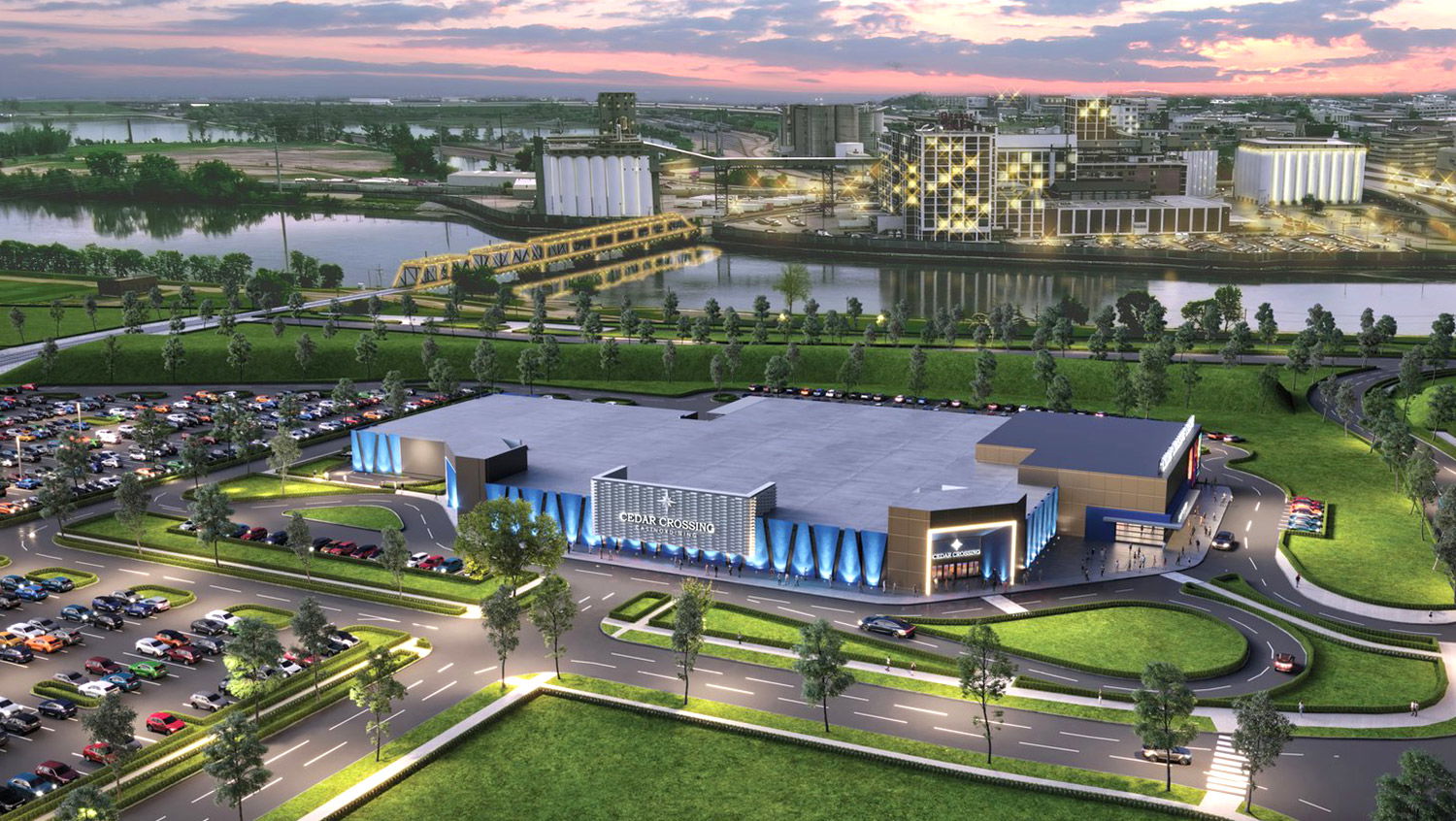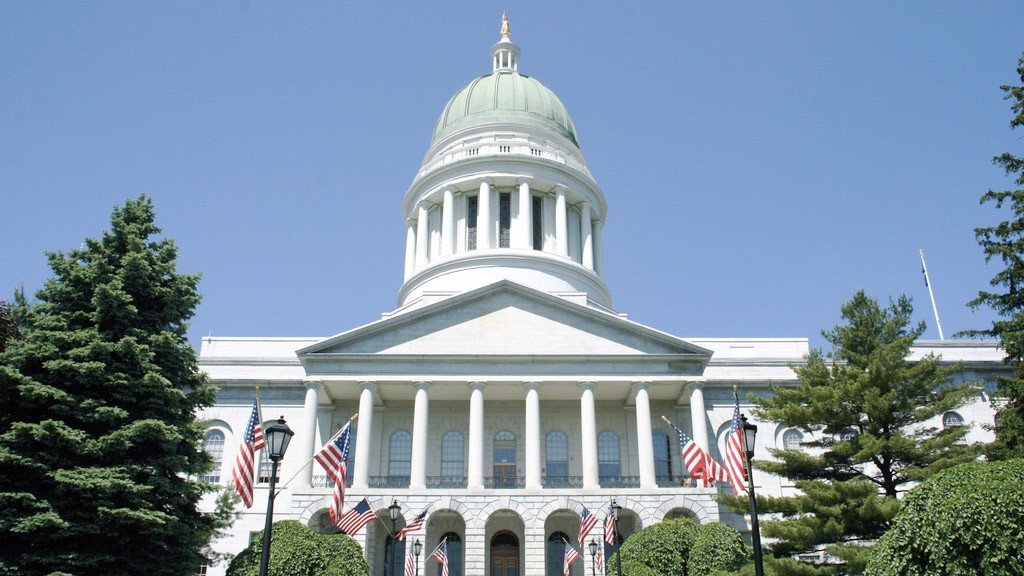Iowa lawmakers propose banning cities from including casinos in urban renewal plans

Iowa lawmakers introduced bills Wednesday in the House and Senate to block cities from including state-licensed gaming projects in urban renewal plans. The bills affect gaming facilities with licenses issued on or after January 1, 2025.
Earlier this month, the Iowa Racing and Gaming Commission granted a license to the $275 million Cedar Crossing Casino project, planned for northwest Cedar Rapids. City officials confirmed that the proposed casino site falls within an urban renewal district, The Gazette reported.
As per the state's nonpartisan Legislative Services Agency, Iowa law allows local governments to designate urban renewal areas to revitalize blighted properties, boost economic development, and support affordable housing, primarily using tax increment financing (TIF).
While the casino is in an urban renewal district, developers said they are not seeking tax incentives. Because of this, the legislation is unlikely to impact the Cedar Rapids casino, State Sen. Scott Webster (R-Bettendorf) told The Gazette on Wednesday.
A hearing on the proposal is scheduled for 11 a.m. Thursday at the Iowa Capitol. The bill comes after lawmakers attempted to halt new casinos with a five-year moratorium, which passed the House but failed in the Senate.
Webster, who managed the moratorium bill in the Senate, represents a district that includes Rhythm City Casino Resort in Davenport and Isle Casino Hotel Bettendorf—casinos that market studies suggest could face revenue declines from a Cedar Rapids competitor.
Meanwhile, Cedar Rapids Mayor Tiffany O’Donnell expressed concern over the continued legislative focus on the city’s gaming project.
“In light of a series of bills that appear to target Cedar Crossing, we will do as we have from the beginning: Follow the process, adhere to the law, and act in the best interest of the thousands of Linn County voters who twice approved gaming in our community,” O’Donnell said in a statement.
The proposed bills, Senate Study Bill 1159 and House Study Bill 208, will now move through the legislative process.

















































